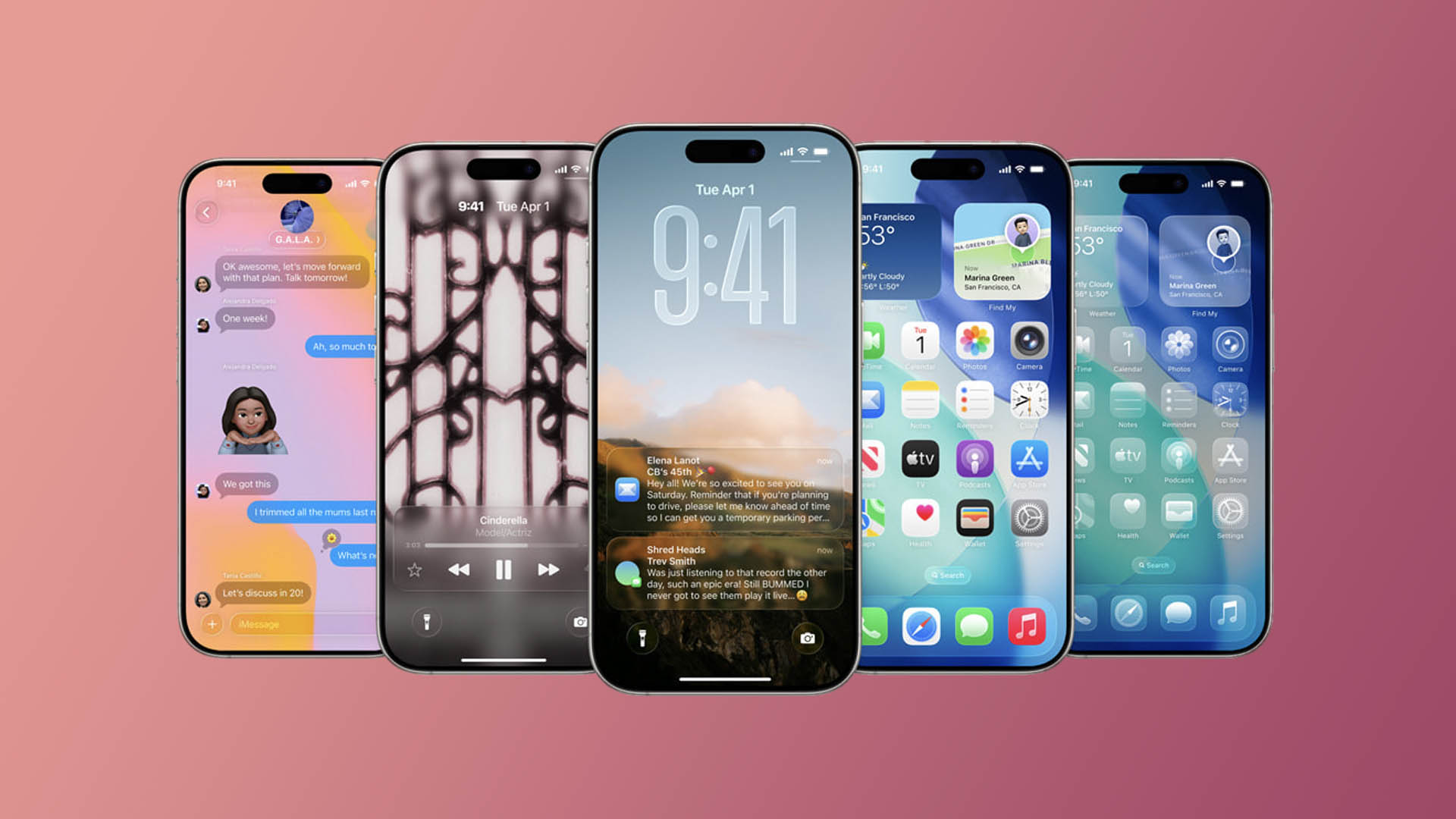
1. The footballer who’s saving the world
Mathieu Flamini left Arsenal to pursue his plans to save the planet. His latest projects include a sustainable grooming range and an online platform for other eco-warriors
The environment has been important to me for a long time. My dad is very close to nature, and he’s a big fan of nature documentaries. Growing up watching TV, it would always be: “Right, which nature documentary are we watching today?” So, since a young age, I’ve been invited to be around that sector.
I don’t have a chemical background. But I co-founded a biochemical company 10 years ago. The idea was that we turn biomass – wood chips and things like that – into products such as detergents and solvents. We’re creating bio-based products instead of petrol-based products. I had to put extra effort into learning about it, and spent time with scientists and engineers. It’s been extremely inspiring.
Working in sustainability, I’ve met the most incredible people. What they do is incredible, but they have such a small reach. These scientists and organisations, they have facts and they have all the solutions – but sadly, everyone out there doesn’t really know what’s happening, or how to have a positive impact themselves.
I’m just trying to provide a solution. I’ve been in the plastics industry for a while, so I’m very much aware of how plastic is contaminating our water, our food, our oceans. With my new company, all the packaging is made of sugar cane. And I’m trying to work more with the people, speaking to them and saying, “Let’s not save the world, but let’s try to make our own small contribution.” You don’t have to buy our brand – just please don’t buy crap any more.
Athletes are able to inspire the next generation. Governments and big corporations don’t really communicate with the people, so it’s important for athletes, who are followed by many people in the younger generation and have big social-media platforms, to turn it into something positive.
We have to be positive. I’m a very positive person. I can feel that people are slowly, slowly realising that we have to act now. I just think they need more leaders out there to be able to guide them – that’s why we’re trying to create a community of people who believe in a better future.
Get exclusive shortlists, celebrity interviews and the best deals on the products you care about, straight to your inbox.
Find out more at oneunity.com

2. The YouTuber putting an end to extremism
Humza Arshad could have stuck to comedy, but instead he’s been using his platform to teach Muslim children in the UK some valuable lessons about radicalisation
I started my YouTube channel eight years ago. One moment I was a normal guy making videos in my bedroom, next minute I had a huge fanbase. Representation had a huge part to play in that; in terms of shows that appeal to British Asians, I can probably count them on one hand. When you think about how many millions of Asians there are in the UK, that’s clearly not enough.
The police approached me as they knew I had a huge influence when it came to young Muslim kids in the UK. If a white, middleaged man who is not a Muslim went to a Muslim school and started talking about terrorism, extremism and radicalisation, it would go over a lot of people’s heads. The police understood that, and they knew that if I went to the schools, there’d be more chance of them listening to me.
Even as a Muslim, stepping into the extremism territory is scary. You may have positive intentions, but there are things to think about. Am I putting my life in danger? Am I upsetting my own community, when I’m trying to help them? They might say, “Oh look, he’s a puppet now, he’s under their thumb.”
We were supposed to only do a couple of schools. We went to the first one, the kids watched my video on extremism, and then I surprised the class [by turning up]. It went so well. The word spread and schools began getting in touch with us, so we went for it. In the space of 18 months, we did 130 shows. We performed to more than 80,000 young people.
All we want to do is get everyone to integrate. We’re so blessed that London is such a diverse city, one of the most diverse cities in the world, with so many people from so many different backgrounds. But if you pick on a certain group for no reason, they will feel isolated and they won’t integrate.
One of our main goals was to stop the recruiting of Jihadi brides. After everything had settled, one of the guys at Scotland Yard told me that the number of young girls going to Syria is practically zero now. I’m not saying that was because of me – but even if I had 1 per cent to do with that final statistic, I know I did my job.
YouTube’s Creators For Change programme aims to raise awareness about social issues

3. The chef fighting to end homelessness
Simon Boyle is using his restaurant to bring vulnerable people off the streets and into the kitchen
In 2004, Simon Boyle watched the news reports of the Boxing Day tsunami with horror. “I could only think about how bloody lucky I was,” he says. He bought a plane ticket to Sri Lanka that day, and was helping on the ground two days later. The displacement Simon saw on that trip would have a lasting effect, and on his return to London he threw himself into helping those who’d lost everything. Now, he runs the Beyond Food charity and its flagship Brigade Bar & Kitchen, a training site for homeless and vulnerable would-be chefs.
“I’m deeply frustrated that people not only become homeless, but also stay homeless. I wanted to work out how I could help with that situation as a chef.” Nowadays that means practical kitchen training and apprenticeship schemes that have seen some of Boyle’s 1,200-and-counting students placed in jobs at venues such as Harrods and the Conduit club. “I’m in awe of them all, particularly the ones we take through our long-term training, because they turn up early every single day, and they usually put in a bigger shift than everyone else,” Boyle says. “They’re passionate because they know what they’ve lost, and they understand what we’re giving them back.”
Beyond Food & Brigade is inspiring futures beyond homelessness

4. The comedian taking on Trump’s America
Hasan Minhaj made waves at the 2017 White House Correspondents’ Dinner - but he’d only just begun holding the Trump Administration to account
I have this insider/outsider identity in America, given my background. I’m an American citizen, but, y’know. I’ve sometimes been told, “Hey, you’re not really American.” Believe it or not, I think people around the world actually connect to that, because the rest of the world also has this insider/ outsider relationship with America. Like, “I don’t really get what you guys are doing over there, but we have some stuff in common.”
The stories that I do have international appeal. At first glance they seem like very American things, but they’re not. A lot of countries have very interesting and complicated relationships with Saudi Arabia, for example. Amazon is huge everywhere. The next topic I’m covering is Facebook content moderation and freedom of speech – Facebook is bigger than any country in the world. So these are topics that I have a very passionate perspective on as an American, but also topics that resonate around the world.
Comedy is a pressure release. That’s why it’s good either when times are good or when times are bad. One of the fundamental tenets of comedy is building tension and then having a release through laughter. With everything that’s going on in the world, there is a lot of tension. And so comedy is one of the few opportunities where you can have a release for it – and when the right Jedi wields that saber properly, they can walk into any situation and release that pressure.
America is definitely in the crosshairs of history. This is a very, very interesting moment. We’re collectively trying to decide and figure out who we are, and what we stand for, and what we’re about. That’s what presidential elections represent – it’s about taking on mascots. And even though people make fun of mascots, those mascots represent something.
I have British friends who felt the same way when the Brexit vote happened. They said, “I didn’t know this is what my country was about.” That is what we’re grappling with, and we have been grappling with these past four years. But I try to be an optimist about it. I think it’s good. We’re having those conversations, and we have to figure it out.
I’m allowed to stand on stage and make fun of some of the most powerful people in the world. And I can just do that, at no harm or risk for my family. That’s incredible, especially considering everything that happened with the death of the journalist Jamal Khashoggi. As creatives and writers around the world, that is a privilege we should never take for granted.
Patriot Act with Hasan Minhaj is streaming now on Netflix

5. The artist waging war on single-use plastic
Daniel Webb had the simple idea of collecting every piece of plastic he used for a year, and ended up leading the conversation around what we consume and what we waste
I moved to Margate three years ago. Moving from London, where councils have a lot of money and invest in recycling, I realised the same wasn’t the case here. You notice waste more – you see it on the beach, swept in on the coast. That really switched me on initially.
I kept the plastic in my spare room. Over the course of the year, it just piled and piled. I was surprised by the sheer amount of stuff. I ended up with 22 bin bags, inside which were 4,490 pieces of plastic. When we laid it all out, with 20 volunteer helpers, it filled the floor of a music venue. To see it all like that was actually completely terrifying.
I wanted to help the problem resonate on a normal person level. I’m not an activist or a scientist or an environmentalist – I’m just like everyone else. It’s not just a problem that effects the sea and marine wildlife. When you walk into a supermarket, you should be switched on about it. It’s real-time pollution.
We estimate that 295 billion pieces of plastic are thrown away in a year by UK households. That’s if you multiply what I threw away by the entire population, and I was slightly below the national average. In volume, that would be a pile of rubbish as high as the Shard with a base of a kilometre in diameter. That’s almost the size of the City of London, in just a year.
If our recycling system doesn’t improve, this is just going to get worse and worse. Using publicly available data, we worked out that only four per cent of the plastic would be recyclable in UK facilities. Flimsy, low-value plastic film is not recyclable in the UK. Crisp packets, chocolate wrappers, coffee pouches – they’re all made of this kind of stuff. We need to start talking about that, instead of straws and plastic bottles.
I buy less now. If I’d stopped using straws, plastic cutlery and bags, and swapped shower gel for soap, I’d have used 316 less items over the year. Multiply that by the UK population and you’re looking at preventing billions of pieces of plastic from entering the waste system. What people do does have an impact on the wider system.
Find out more at everydayplastic.org

6. The racer changing the conversation
Billy Monger is on track to be one of the biggest racing drivers of his generation, despite a horror crash that left him with life-changing injuries
On 16 April 2017, Billy Monger was involved in a high-speed crash at Donington. Sitting in the car for 45 minutes as paramedics attempted to free him, he knew things weren’t looking good. “I had a slight idea how bad the injuries were going to be, but I thought I might have just broken both of my legs,” he says. After an induced coma and a crowdfunding campaign backed by just about every pro racer in the game, Billy awoke three days later a double amputee. Not that that was going to stop him.
“There were times where I wasn’t sure if I’d be able to race again,” he says. “But it never crossed my mind to give up racing, because that wasn’t something I wanted to do.” After lobbying the powers that be to allow disabled drivers to race single-seater cars, Billy is back behind the wheel and competing in F3. “It’s been difficult at times, but the main thing I’ve learnt is how you’ve got to appreciate life above anything else. I could have quite easily not made it through my accident. So all the things I am able to do now, I just want to make the most of.”
Driven: The Billy Monger Story is available on BBC iPlayer now

(Images: Rex, Getty, Ollie Harrop, Everyday Plastic)

